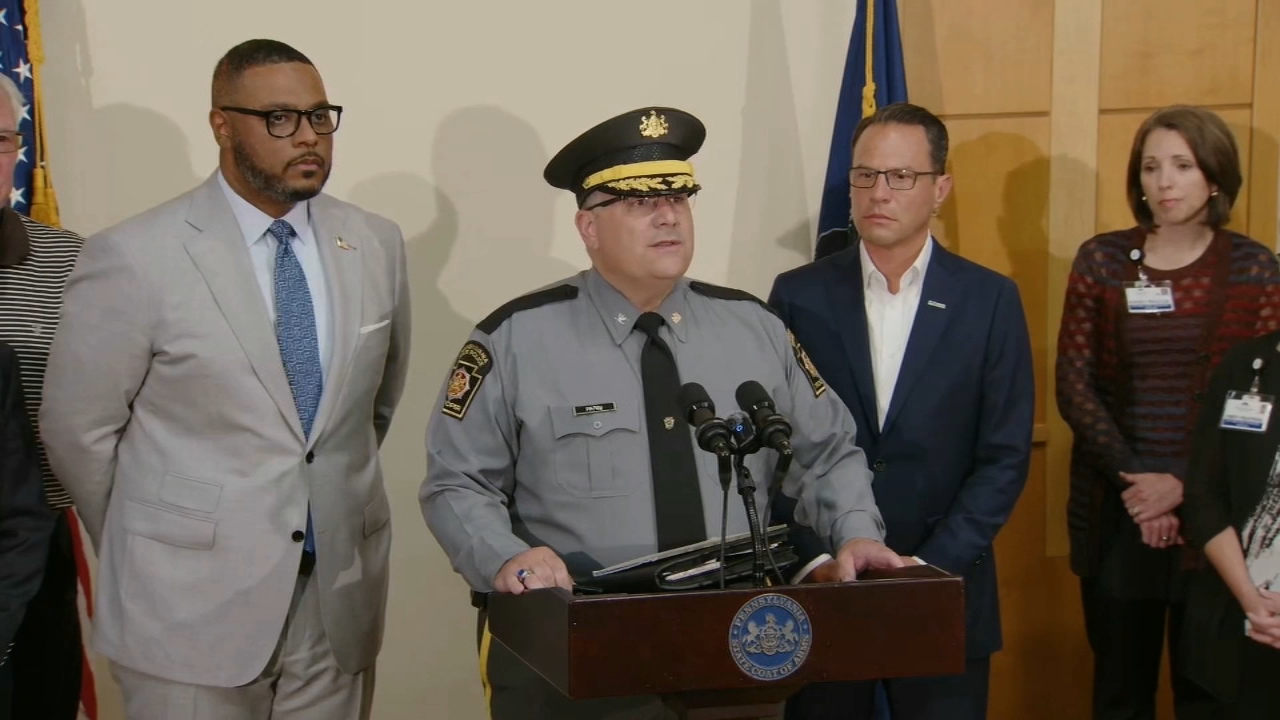Although President Bola Tinubu recently issued new directives intended to enhance their welfare, retired police officers enrolled in the Contributory Pension Scheme have once again insisted on being completely removed from the program.
Despite recent orders from President Bola Tinubu designed to enhance their welfare, retired police officers enrolled under the Contributory Pension Scheme (CPS) have once again voiced their strong opposition to remaining in the system. They are calling not just for reforms, but for their complete removal from the scheme altogether.
On Wednesday, President Tinubu issued fresh directives as part of a broader effort to improve the well-being of retired personnel. These measures included the immediate implementation of long-delayed pension increases and the introduction of free healthcare services for low-income retirees currently under the CPS. The President also instructed the Director General of the National Pension Commission (PenCom), Omolola Oloworaran, to take swift and decisive action to address the ongoing pension grievances of retired police officers. According to the President, it is a matter of national importance that individuals who have served the country in law enforcement should be able to retire with dignity, financial security, and access to basic healthcare.
In response to these announcements, the affected retirees expressed their gratitude for the President’s attention to their plight. However, they made it clear that the newly introduced benefits do not fully address their core concern. According to them, the only viable and acceptable resolution is their full and unconditional exit from the CPS. Speaking on behalf of the retirees, Buba Danjuma, a spokesperson and one of the leading voices in the protest movement, stated, “We are thankful that the President has heard our pleas. His concern for our welfare is appreciated. However, unless we are removed entirely from this pension scheme, our suffering will continue. Remaining under CPS feels like being trapped in a system that does not work in our favor.”
Retired police officers have been vocal about their dissatisfaction with the CPS for years, and this recent response is part of an ongoing campaign for reform. Over the past several months, they have organized several protests across the country. One of the most notable demonstrations occurred on July 21, 2025, when the retirees gathered en masse at the Force Headquarters in Abuja, blocking access to the facility as they demanded a complete withdrawal from the scheme.
Following the President’s new directive, Bayo Onanuga, Special Adviser to the President on Information and Strategy, issued a formal statement clarifying that the move is in line with the administration’s broader commitment to expanding social protection and addressing long-standing issues affecting vulnerable populations. While the initiative was welcomed by many, it did not satisfy the retirees’ central demand.
In his follow-up remarks, Danjuma acknowledged the President’s effort but remained firm in his position. He argued that other security agencies, such as the Department of State Services (DSS) and the Nigerian military, had already been exempted from the CPS, raising concerns about why retired police personnel were being treated differently. “The DSS and the military have all exited the CPS because they recognized its shortcomings,” he said. “Why should the police be left behind? Are we less deserving of financial stability in retirement?”
He reiterated the group’s appreciation for the President’s support but stressed that the ultimate goal remains a complete departure from the contributory system. “We are pleading with President Tinubu to go all the way. The healthcare and pension increases are steps in the right direction, but they are not enough. We want out of this scheme. We believe it has failed us, and we don’t want to be part of it any longer,” Danjuma concluded.
In summary, while President Tinubu’s intervention has been met with gratitude, it has not diminished the determination of retired police officers to secure what they view as their rightful place outside the CPS—alongside other security forces who have already been granted that relief.


